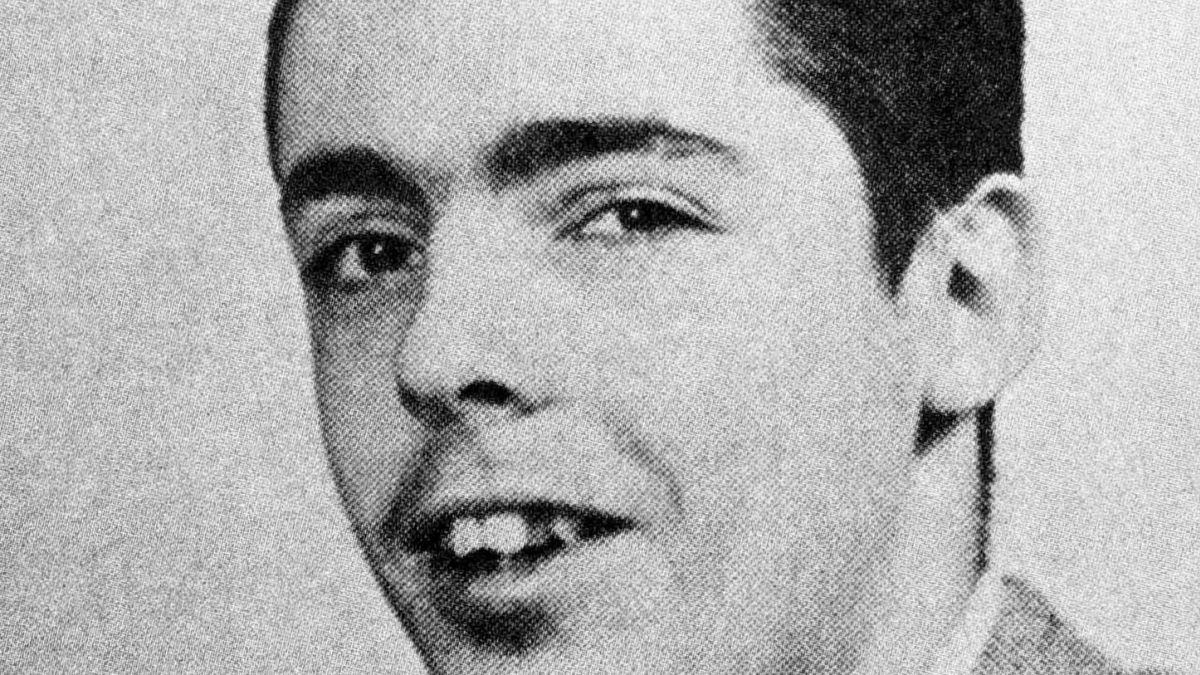Arthur Frommer's guidebooks revolutionised leisure travel, by convincing average Americans to take budget holidays abroad.
Pauline Frommer, the author's daughter, announced that her father died of complications of pneumonia on Monday.
Frommer began writing by drafting a guidebook for American soldiers overseas. When this sold out, he launched what became one of the travel industry’s best-known brands, self-publishing "Europe on 5 Dollars a Day" in 1957.
"My father opened up the world to so many people," his daughter Pauline Frommer stated. "He believed deeply that travel could be an enlightening activity and one that did not require a big budget", she added.
The Frommer’s brand, led today by his daughter, remains one of the best-known names in the travel industry. It includes guidebooks to destinations around the world, an influential social media presence, as well as podcasts and a radio show.
Stay in inns rather than five star hotels
Frommer encouraged American travellers to enjoy the authenticity of the destinations they visited. He pushed them to stay in inns and budget hotels rather than five-star palaces, but also to eat with locals in cafes, instead of fancy restaurants.
When reflecting on the 1950s, Frommer stated in a 2017 interview that “most Americans had been taught that foreign travel was a once-in-a-lifetime experience, especially travel to Europe. They were taught that they were going to a war-torn country where it was risky to stay in any hotel other than a five-star hotel. It was risky to go into anything but a top-notch restaurant. … And I knew that all these warnings were a lot of nonsense".
“We were pioneers in also suggesting that a different type of American should travel, that you didn’t have to be well-heeled", he added. Frommer believed that budget travel was preferable to luxury travel "because it leads to a more authentic experience.” That message encouraged average people, not just the wealthy, to vacation abroad.
The book was made an even greater success by the fact that it hit the market as the rise of flying made getting to Europe easier. The books became so popular that there was a time when you couldn’t visit a place like the Eiffel Tower without spotting Frommer’s guidebooks in the hands of every other American tourist.
Although Frommer's advice may now seem standard, it was in fact radical in the days before discount flights and backpacks. Before Frommer, you could find guidebooks “that would tell you everything about the church or the temple ruin", however they did not factor in "the idea that you wanted to eat somewhere and find a hotel or get from A to B", Tony Wheeler, founder of the Lonely Planet guidebook company, said in 2013 interview.
Publishing battles: Frommer vs. Google
The final editions of Frommer's groundbreaking series were titled "Europe from $95 a Day." However, this concept was ruled as out of touch, as hotels could no longer be had for less than $100 a night, so the series was discontinued in 2007.
The Frommer publishing empire did not disappear, despite a series of sales that started when Frommer sold the guidebook company to Simon & Schuster. It was later acquired by Wiley Publishing, which in turn sold it to Google in 2012. Google quietly shut the guidebooks down, but Arthur Frommer — in a David vs. Goliath triumph — got his brand back from Google. In November 2013 with his daughter Pauline, he relaunched the print series with dozens of new guidebook titles.
“I never dreamed at my age I’d be working this hard,” he said in an AP interview at the at the time, age 84.
Strong opinons: Against mega-cruises and phony travel reviews
Frommer also remained a well-known figure in 21st century travel, opinionated to the end of his career, speaking out on his blog and radio show. He hated mega-cruise ships and railed against travel websites where consumers put up their own reviews, saying they were too easily manipulated with phony postings. And he coined the phrase “Trump Slump” in a widely quoted column that predicted a slump in tourism to the U.S. after Donald Trump was elected president.
Frommer was born in Lynchburg, Virginia, and grew up during the Great Depression in Jefferson City, Missouri, the child of a Polish father and Austrian mother.
He went on to New York University and was drafted upon graduating from Yale Law School in 1953. Because he spoke French and Russian, he was sent to work in Army intelligence at a U.S. base in Germany, where the Cold War was heating up.
His first glimpse of Europe was from the window of a military transport plane. Whenever he had a weekend leave or a three-day pass, he'd hop a train to Paris or hitch a ride to England on an Air Force flight. Eventually he wrote "The GI's Guide to Traveling in Europe," and a few weeks before his Army stint was up, he had 5,000 copies printed by a typesetter in a German village. They were priced at 50 cents apiece, distributed by the Army newspaper, Stars & Stripes.
Shortly after he returned to New York to practice law at the firm Paul, Weiss, Rifkind, Wharton & Garrison, he received a cable from Europe. "The book was sold out, would I arrange a reprint?" he said.
This led him to spend his month's vacation from the law firm doing a civilian version of the guide. "In 30 days I went to 15 different cities, getting up at 4 a.m., running up and down the streets, trying to find good cheap hotels and restaurants," he recalled.
Travel books written like poetry
The resulting book, the very first “Europe on 5 Dollars a Day,” was much more than a list. It was written with a wide-eyed wonder, that some have compared to poetry;
"Venice is a fantastic dream," Frommer wrote. "Try to arrive at night when the wonders of the city can steal upon you piecemeal and slow. ... Out of the dark, there appear little clusters of candy-striped mooring poles; a gondola approaches with a lighted lantern hung from its prow."
Eventually Frommer gave up law to write the guides full-time, embarking his 4-month old daughter Pauline and his first wife, Hope Arthur, on these trips from 1965. "They used to joke that the book should be called 'Europe on Five Diapers a Day,'" Pauline Frommer said.
In the 1960s, when inflation forced Frommer to change the title of the book to "Europe on 5 and 10 Dollars a Day," he said: "It was as if someone had plunged a knife into my head."
Towards the end of his life, Frommer said he avoided traveling first class. “I fly economy class and I try to experience the same form of travel, the same experience that the average American and the average citizen of the world encounters,” he said.
As Frommer aged, his daughter Pauline gradually became the force behind the company, promoting the brand, managing the business and even writing some of her own travel content.

 4 months ago
38
4 months ago
38






 We deliver critical software at unparalleled value and speed to help your business thrive
We deliver critical software at unparalleled value and speed to help your business thrive






 English (US) ·
English (US) ·